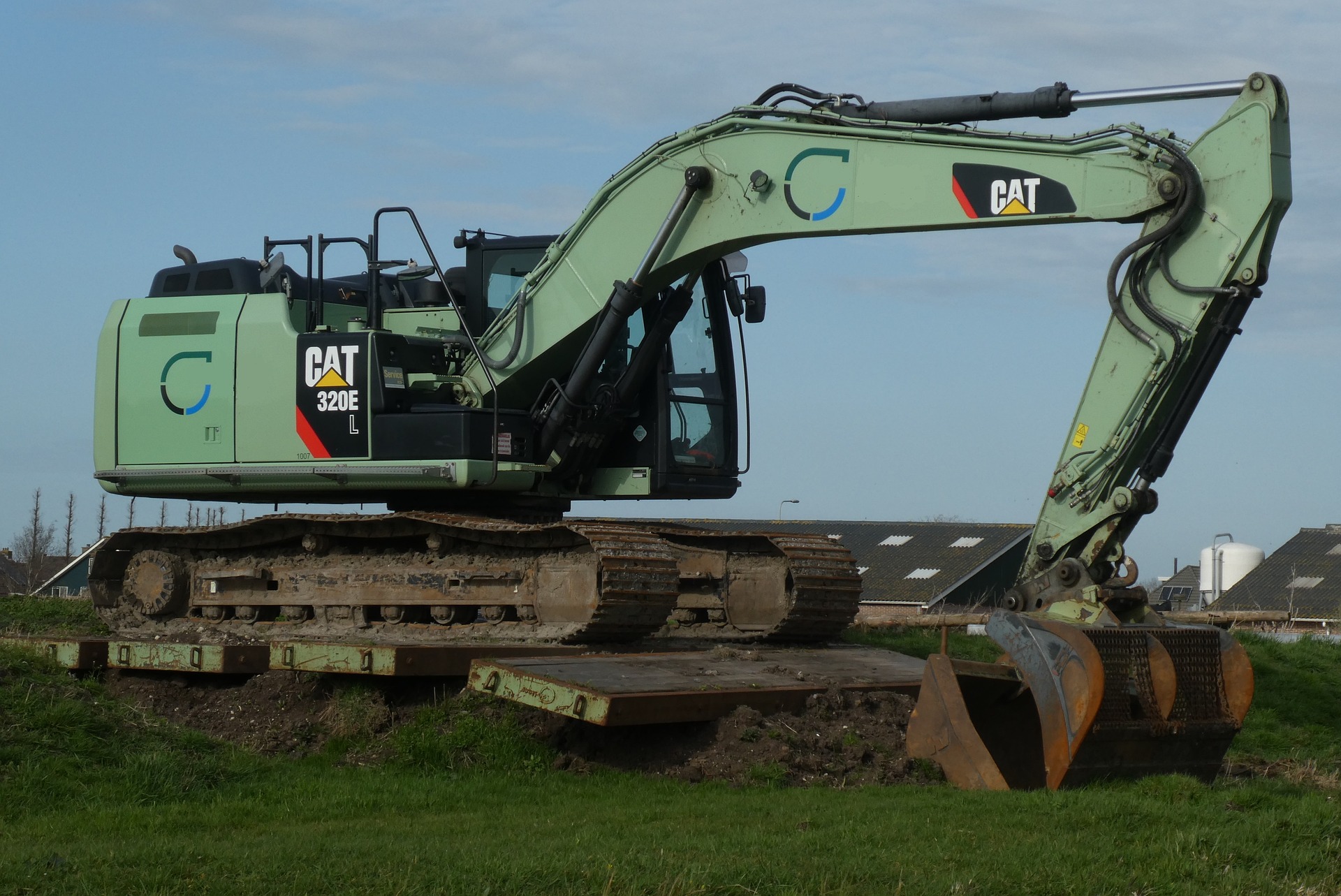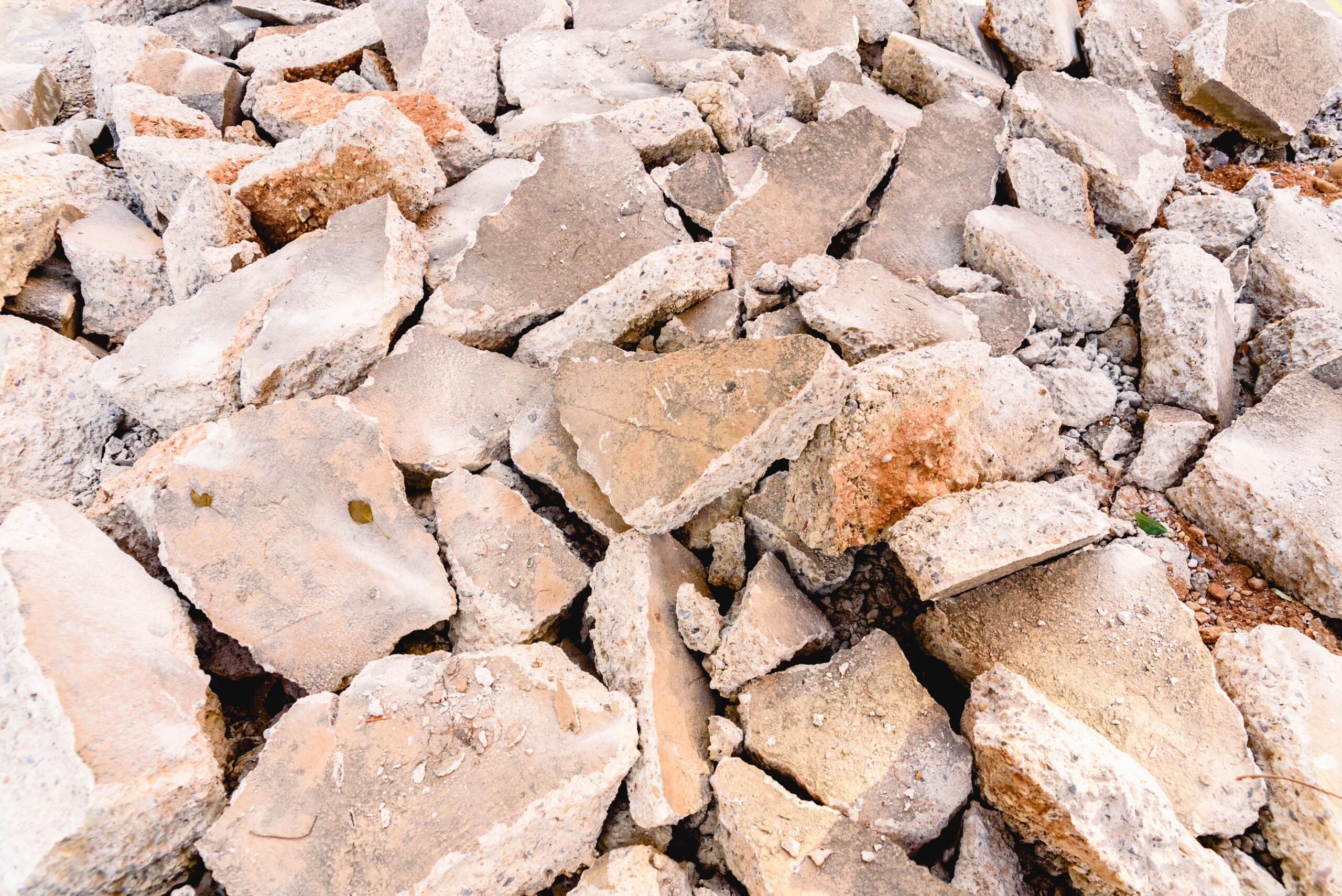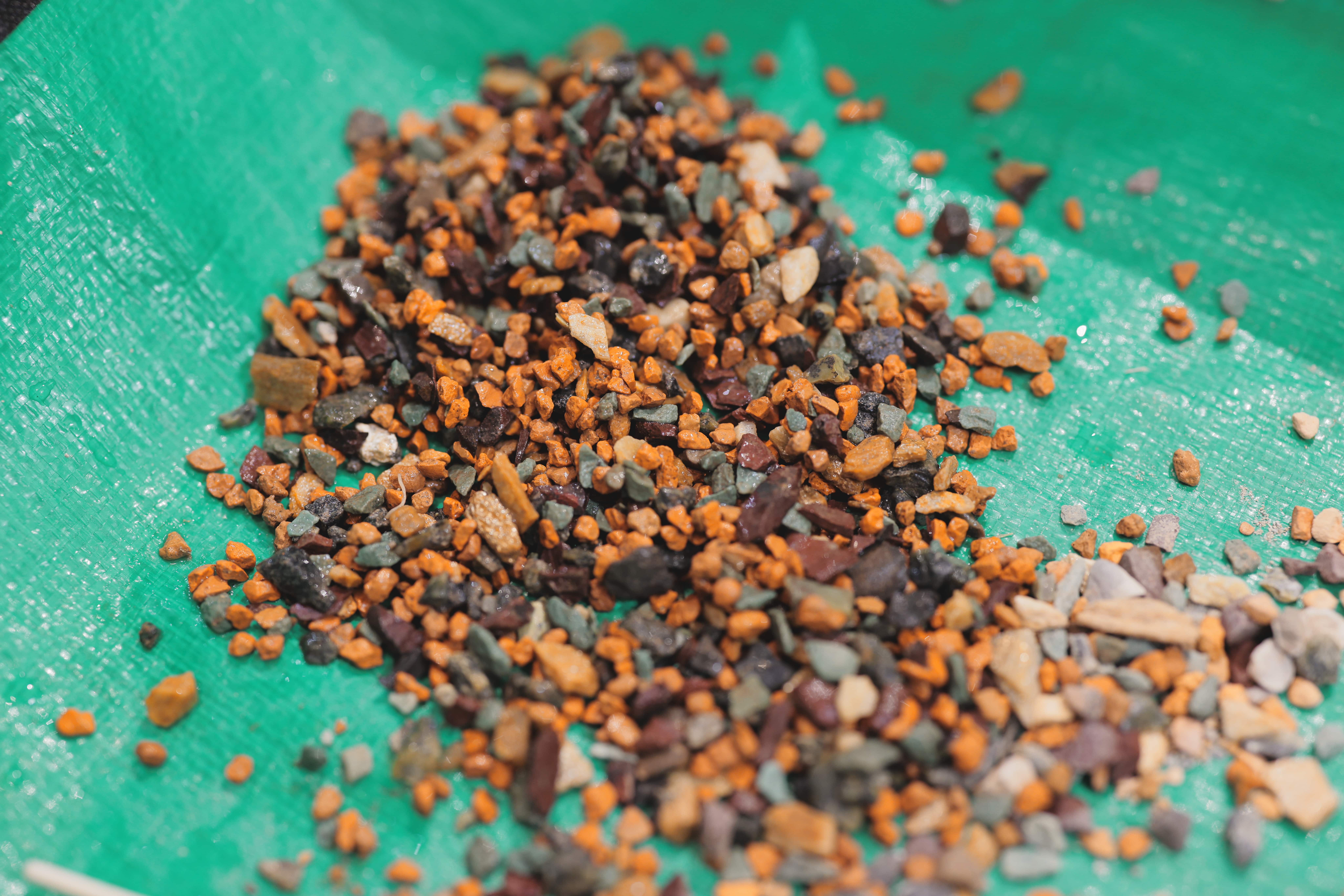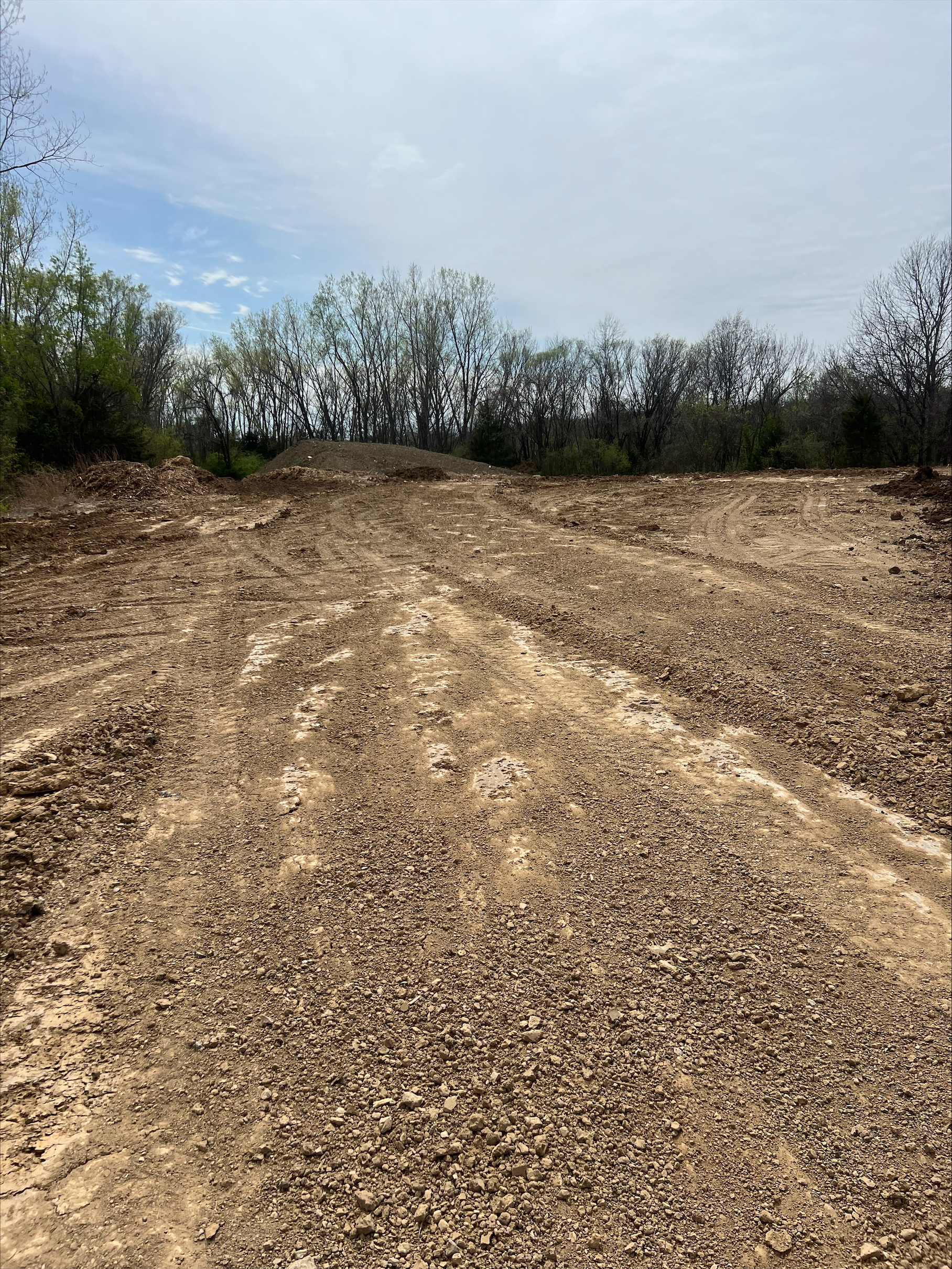The Role of Crushed Concrete Base in Green Building Projects
Introduction
Sustainability is an increasingly vital consideration in Philadelphia’s construction industry. As the city grows and redevelops, the environmental impact of construction practices comes into sharper focus. Crushed concrete base plays a significant role in supporting green building efforts by offering a sustainable alternative to traditional materials. Utilizing recycled concrete reduces waste, lowers carbon emissions, and promotes the reuse of valuable resources. This not only benefits the environment but also contributes to a more circular economy within the construction sector.
Environmental Benefits
One of the primary advantages of using crushed concrete base is its ability to significantly reduce landfill waste. Construction and demolition activities generate substantial amounts of debris, much of which ends up in landfills. By recycling concrete, these materials are diverted from landfills, conserving space and reducing the environmental burden. This practice aligns with waste reduction strategies and promotes a more sustainable approach to waste management.
Moreover, using crushed concrete base helps minimize the carbon footprint of construction projects. The production of new construction materials, such as virgin aggregates, requires energy-intensive processes like quarrying and mining, which release significant amounts of carbon dioxide. By using recycled concrete, the demand for new materials is reduced, consequently lowering the overall carbon emissions associated with construction. This contributes to mitigating climate change and promoting a more sustainable construction industry.
The permeable structure of crushed concrete base also enhances water drainage, which is crucial for managing stormwater runoff. In urban areas like Philadelphia, where impervious surfaces are prevalent, stormwater runoff can lead to flooding and water pollution. The use of crushed concrete base allows for better water infiltration, reducing runoff and promoting groundwater recharge. This helps to protect water resources and maintain ecological balance.
Furthermore, crushed concrete base saves natural resources by reducing the reliance on virgin aggregates. The extraction of these resources can have detrimental environmental impacts, including habitat destruction and soil erosion. By repurposing concrete from demolition sites and borrow pits, the construction industry can conserve natural resources and minimize its ecological footprint. This promotes a more sustainable and resource-efficient approach to construction.
Applications in Sustainable Construction
Crushed concrete base finds various applications in sustainable construction projects, including those pursuing LEED certification. Leadership in Energy and Environmental Design (LEED) is a widely recognized green building rating system that sets stringent sustainability criteria. The use of recycled materials like crushed concrete base can contribute to earning LEED credits, demonstrating a project’s commitment to environmental responsibility.
In addition, recycled materials make roads more environmentally responsible. Traditional road construction relies heavily on virgin aggregates, which have a significant environmental impact. By incorporating crushed concrete base, road construction projects can reduce their reliance on these materials and minimize their ecological footprint. This approach promotes sustainable infrastructure development and contributes to a more environmentally friendly transportation network.
Crushed concrete base also supports sustainable growth in urban redevelopment projects by reusing local materials. This practice reduces transportation costs and emissions associated with hauling materials from distant locations. By utilizing resources that are readily available within the community, urban redevelopment can become more sustainable and economically viable.
Conclusion
Crushed concrete base is a key component in Philadelphia’s sustainable construction movement. By using recycled materials from borrow pits and demolition sites, developers can build greener projects while maintaining structural integrity and cost efficiency. The environmental benefits, including waste reduction, carbon footprint minimization, enhanced water drainage, and natural resource conservation, make it a valuable asset in promoting sustainability. As Philadelphia continues to grow and redevelop, the use of crushed concrete base will play an increasingly important role in shaping a more sustainable and environmentally responsible future for the city’s construction industry. Its application in LEED-certified projects, eco-friendly road construction, and urban redevelopment further solidifies its significance in creating a greener and more resilient urban environment.




